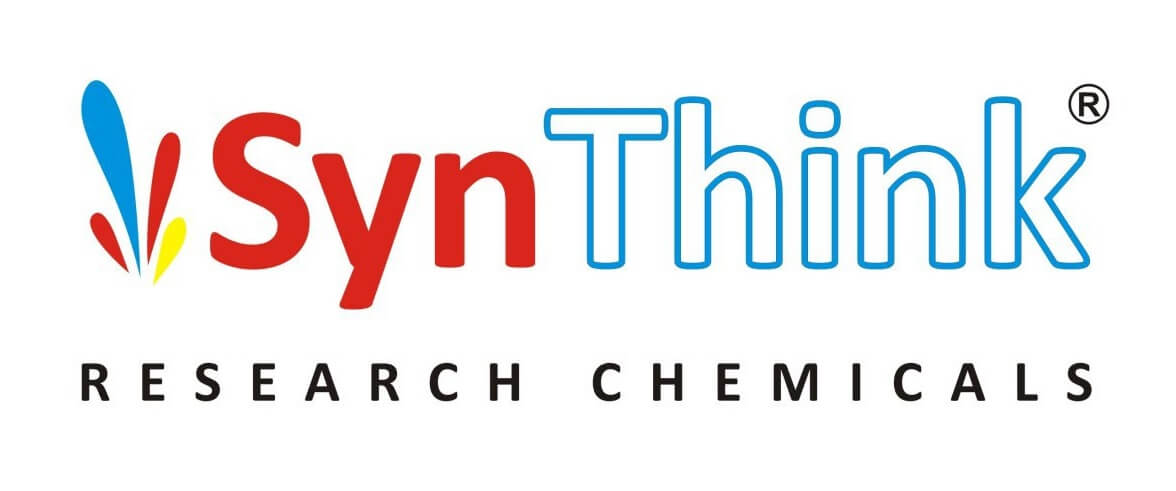Non-Pharmacopeial Reference Standards
Non-Pharmacopeial Reference Standards: The Key to Accurate Testing and Quality Assurance
The pharmaceutical industry relies on accurate and reliable testing to ensure the safety, efficacy, and quality of its products. One of the essential tools in the arsenal of analytical laboratories is reference standards. While pharmacopeial reference standards have traditionally been the go-to choice, non-pharmacopeial reference standards are gaining recognition for their unique benefits. In this article, we will explore the significance of non-pharmacopeial reference standards, their importance in accurate testing and quality assurance, their advantages, applications, challenges, and how they compare to pharmacopeial reference standards.
Understanding Non-Pharmacopeial Reference Standards
Non-pharmacopeial reference standards are reference materials that are not included in official compendia such as the United States Pharmacopeia (USP) or the European Pharmacopoeia (EP). These standards are typically developed and provided by reputable third-party organizations, research institutions, or manufacturers. Non-pharmacopeial reference standards are designed to complement pharmacopeial standards and address specific analytical needs or emerging requirements in the pharmaceutical industry.
Importance of Non-Pharmacopeial Reference Standards
Non-pharmacopeial reference standards play a crucial role in ensuring accurate testing and quality assurance in the pharmaceutical industry. They provide an additional resource for evaluating the quality, identity, and purity of pharmaceutical substances and products. These standards offer flexibility, allowing laboratories to access specialized materials tailored to their specific testing requirements. By incorporating non-pharmacopeial reference standards into their analytical workflows, pharmaceutical companies can enhance the reliability and precision of their testing methods.
Advantages of Non-Pharmacopeial Reference Standards
4.1. Expanded Coverage of Substances
Non-pharmacopeial reference standards offer expanded coverage of substances beyond what is included in official compendia. This is particularly beneficial for emerging substances, novel drug entities, impurities, metabolites, and complex mixtures. The availability of non-pharmacopeial reference standards allows laboratories to accurately identify and quantify these substances, ensuring comprehensive analysis and compliance with regulatory requirements.
4.2. Customization and Tailored Solutions
Non-pharmacopeial reference standards can be customized and tailored to meet specific analytical needs. Laboratories can work closely with suppliers to develop reference materials that align with their particular testing methods, equipment, and matrices. This customization ensures a better fit for the analytical workflow, leading to improved accuracy and precision in testing.
4.3. Availability of Rare or Uncommon Substances
In some cases, certain substances may be rare or uncommon, making it challenging to find suitable pharmacopeial reference standards. Non-pharmacopeial reference standards fill this gap by offering access to these rare or uncommon substances. Laboratories can obtain reliable and traceable reference materials for such substances, enabling accurate testing and quality assurance.
Applications of Non-Pharmacopeial Reference Standards
Non-pharmacopeial reference standards find diverse applications in the pharmaceutical industry. They are particularly valuable in the analysis of impurities, degradants, genotoxic impurities, extractables and leachables, process-related impurities, and stability-indicating assays. These reference standards also support the development and validation of analytical methods, comparability studies, and post-approval changes.
Challenges in Working with Non-Pharmacopeial Reference Standards
Working with non-pharmacopeial reference standards can present certain challenges. The availability of these standards may vary depending on the substance and the supplier. Laboratories need to carefully evaluate the reliability and traceability of non-pharmacopeial reference standards before integrating them into their analytical workflows. Additionally, there might be a need for more extensive characterization and validation of these standards to ensure their suitability for specific testing purposes.
Ensuring Quality and Traceability of Non-Pharmacopeial Reference Standards
SynThink follows rigorous quality management systems to maintain the quality and traceability of non-pharmacopeial reference standards. These systems encompass good manufacturing practices (GMP), adherence to international standards, thorough documentation, and regular audits. SynThink Research Chemicals instill confidence in their non-pharmacological reference standards’ reliability and accuracy by ensuring stringent quality control measures.
Comparison with Pharmacopeial Reference Standards
Non-pharmacopeial reference standards complement pharmacopeial reference standards and provide additional options for pharmaceutical analysis. While pharmacopeial reference standards are widely recognized and accepted globally, non-pharmacopeial reference standards offer flexibility, customization, and access to a broader range of substances. The choice between pharmacopeial and non-pharmacopeial reference standards depends on the specific requirements of the analytical method and the substances being tested.
To conclude, Non-pharmacopeial reference standards are becoming increasingly crucial in accurate testing and quality assurance within the pharmaceutical industry. With their expanded coverage, customization options, and access to rare substances, these reference standards provide valuable tools for laboratories seeking enhanced accuracy and precision. By integrating non-pharmacopeial reference standards into their analytical workflows, pharmaceutical companies can ensure the safety, efficacy, and quality of their products.


